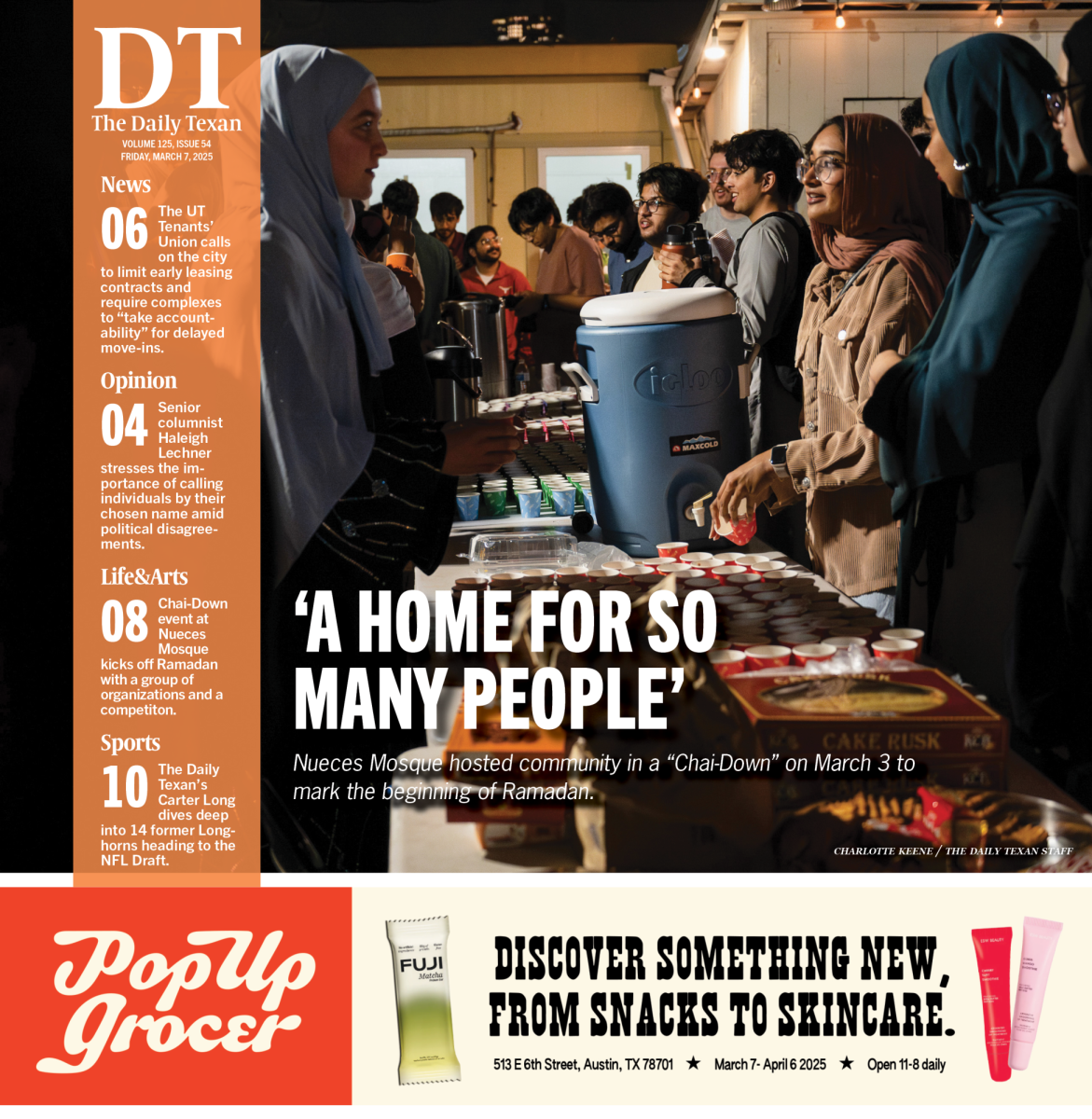Post-Roe, are parents excluded from education?
April 20, 2023
Editor’s note: This column was submitted by a member of the UT community.
The reality is that we live in the post-Roe era. Some readers may support anti-abortion laws while others fight to change them, but opinions on abortion have little to do with the University’s response to an inevitable increase in pregnant and parenting students. How many women have had to choose between motherhood or education? And what does this University look like if these women disappear from our legacy?
For the last year, I’ve advocated for nontraditional students on this campus, and there is no group with a bigger burden than student-parents. I want to make it clear that it is possible to be both a parent and a student, and there are many on our campus today. But being a parent makes it exceptionally more challenging to be a student. A traditional student is expected to treat school like a full-time job, dedicating at least 40 hours a week to going to class and studying. A student-parent must do this while also financially, emotionally and physically caring for the needs of their children.
Last semester, UT Student Government passed legislation supporting a Nontraditional Student Center, which could be a kid-friendly space for student-parents if administrators choose. Yet, as of now, there is no clear policy on whether students may bring their children to campus at all. Senate of College Councils also accomplished amending syllabus language to include reasonable accommodations for parents, which prevents situations such as failing a course for missing class when their child is sick. Still, the University has rejected attempts to allow student-parents priority registration, which would allow them to choose a schedule that fits the demands of childcare and work.
Speaking of childcare, the UT Child Development Center is planning to expand, opening spots for 100 more children. This means that all parents among UT staff, faculty, State of Texas employees, full-time graduate students, and full-time undergraduate students will compete for a total of 580 spots. The waitlist is one to three years. The largest sliding scale discount is offered for those earning less than $64,000, but there are a limited number of discounted spots available. So, if a student-parent tries to pay tuition and make ends meet with a part-time job, the wait will be longer. And if they decide to work more and study part-time, they are no longer eligible for the first tier of the waitlist.
These examples are skimming the surface of challenges that student-parents face. There are so many programs, scholarships and awards that inadvertently disqualify student-parents for being part-time, not volunteering and participating in student organizations, not enrolling in college immediately after high school and not taking unpaid research and internship opportunities.
Going forward, UT should accept their role in accommodating student-parents or be complicit in excluding students — mostly women — from a top tier education. This should have always been the case, but now more than ever, there is no excuse when women have had their choice revoked.
Levy is a biology junior and president of the non-traditional student organization New Wave Longhorns.
















